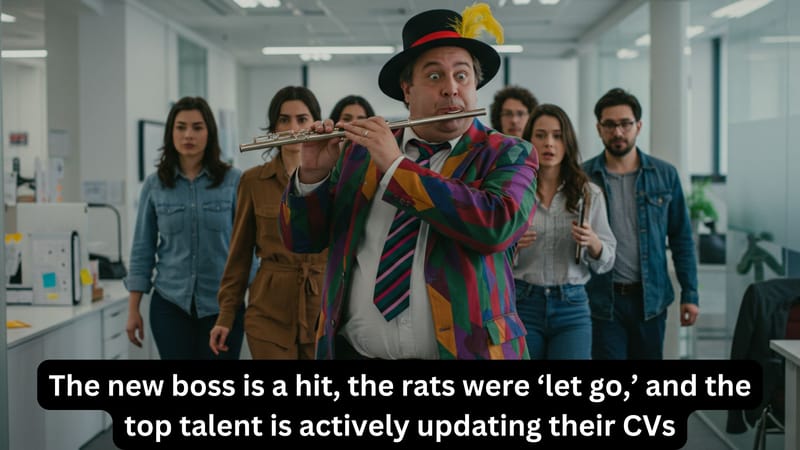Why Is My Co-Worker Always Off Sick?
Some co-workers frequently call in sick, but are they truly ill or just dodging work? From gaming the system to hating their job, discover why some employees take more sick days than others.
Some co-workers have fragile immune systems compared to others, but most of the time, they simply don’t want to come to work. Having virus after virus is unfortunate, but employees who take frequent sick days may struggle to last in any organization for long.
The Frequent Sick-Day Offender
There will always be someone at work who misses more days due to illness than others. This could be due to emotional strain, a medical condition (which would exclude them from this discussion), or simply a well-practiced ability to game the system. Some of these individuals may even have extensive experience playing video games.
Employees who manage to evade HR detection for a while should remember that there is a limit to their luck. Eventually, patterns emerge, and they will be caught.
The Monday Syndrome
Mondays are particularly unpleasant for employees who party all weekend, leading to a convenient “sick day” after overindulging in drugs and alcohol. When faced with a roaring headache, a duvet day seems like the only option.
However, attempting this every or even every other Monday is risky. Human Resources often employs highly skilled professionals—some of whom might even be former detectives—who are adept at spotting absence trends over time.

The Bradford Factor
Some organizations use the Bradford Factor to measure absenteeism, focusing on frequent, short-term absences, which are more disruptive to productivity than longer absences. This system highlights employees with a pattern of unexpected absences.
Nobody knows exactly why it's called the Bradford Factor, but legend has it that an egotistical nerd—possibly from Bradford University—came up with the formula while drinking alone in their dorm room. They may now be a successful director, but hopefully, they’ve recently been made redundant.
For employees who just wanted a day or two off to watch TV, go shopping, or do a little DIY, the Bradford Factor has been a nightmare. Employers realized that short, unexpected absences negatively impact productivity far more than planned vacations. The best solution? Save all your leave days and take a long vacation instead of sporadic sick days.

Bradford Factor guide

Reasons Why Your Co-Worker Might Be Taking Advantage
If your co-worker is frequently off sick, they could be using the system to their advantage. Some common reasons include:
- Bullying
- Stress resulting from bullying
- An illness that is difficult to diagnose
- A fragile immune system
- Fake jury service letters
Some Employees Just Don’t Like Their Job
Not all absenteeism is due to illness—some employees simply hate their job. Even if it doesn’t directly impact you, their frequent absences can lead to extra workload on your plate. They will concoct all sorts of excuses to avoid coming in, making life harder for everyone else.
Takeaway
While genuine illness and personal issues should always be treated with empathy, patterns of frequent absences can be disruptive to the workplace. If your co-worker is constantly off sick, it may be worth considering whether they are struggling with something deeper—or just playing the system. Either way, HR is usually watching, and frequent offenders will eventually be caught.








